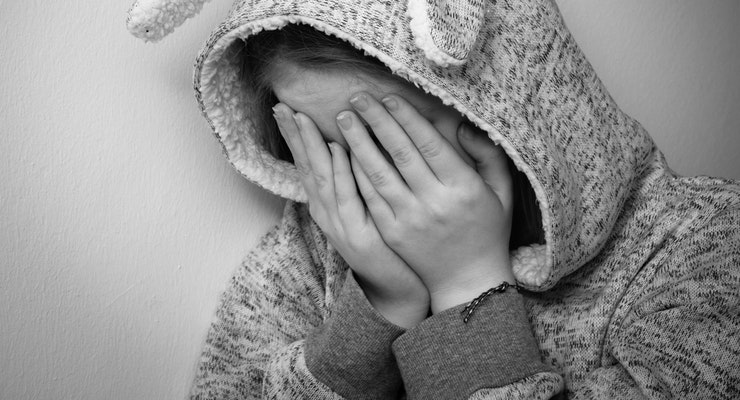By Zuly Ramirez, LPC
A child or teen who experiences their world with overwhelming, worrisome thoughts can have difficulty with a myriad of tasks: going to school, completing homework, making friends, talking to others, and even sleeping can become incredibly difficult. This can pose unique and frustrating challenges for the parents, who often witness these struggles and wonder how they can best help.
Here are some quick tips to help your child cope their anxiety:
Actively listen
Take 10-15 minutes of your day to talk with your child about their worries. The key here is to empathize and really make the effort to understand. When a child feels validated, they will be more willing to share their thoughts and feelings, even if the feelings seem ‘silly’ or excessive to the situation.
Avoid the reassurance trap
Remember that anxiety is sneaky, so be careful not to get caught up in your child’s worries. Answering one question to reassure your child you will pick him/her up from soccer practice is expected, but answering the same question 3, 5 or 10 times will only solidify their worries. Reassurance can actually backfire when it comes to anxiety.
Convey that anxiety cannot be allowed to win
Anxiety will tell your child to avoid events and social situations they would otherwise like to engage in, for fear that the worries will come true. For example, they would like to play soccer but fear they are not very good; tell them not to let anxiety win and encourage them to play soccer! Avoidance, like reassurance, solidifies anxiety, whereas facing fears reduces it.
Teach mindfulness skills
Worried thoughts focus on the past and future, so an active way to reduce anxiety is through mindfulness. Mindfulness is helpful because it works to keep the mind focused on the present moment. Teach your child to be an “observer” of her thoughts, noticing them as products of an active brain, rather than a “thinker” of every thought. In addition, exercises such as deep breathing, body scanning, and progressive muscle relaxation are good ways to practice mindfulness.
Model healthy boundaries
When a parent models being okay with not knowing what will happen and have the confidence they will make it through anyways, a child learns to think and act in the same manner. Similarly, when parent models appropriate ways to handle personal mistakes at their age, a child learns how to build healthy coping strategies.
These are just some of the ways we can help an anxious child. To learn more about helping your child, consider consulting with a child therapist who can help both of you feel more empowered as you navigate the sometimes stormy sea of anxiety.



